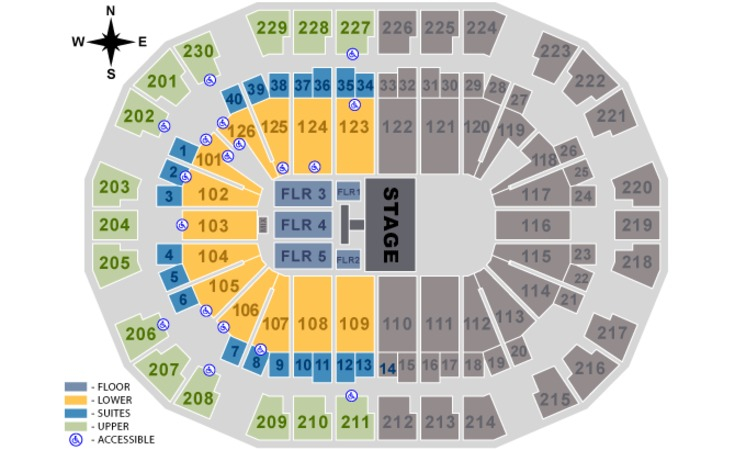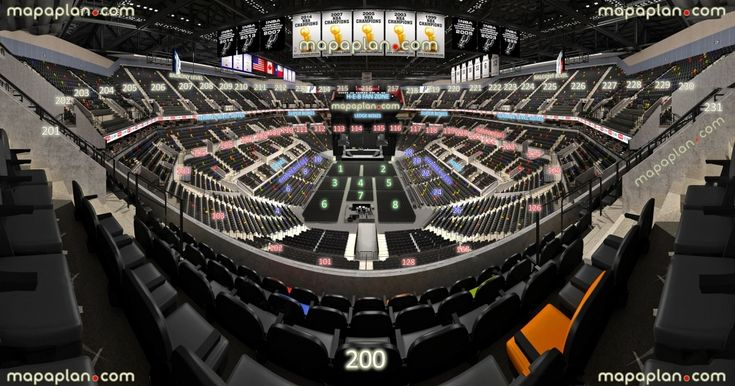Save Mart Center Seating Chart Basketball – Event planning is a complex process that involves many variables, but developing your seating chart is the important aspect that can make or break the experience of attendees. A well-designed seating arrangement can optimize ticket sales and ensure that guests have a positive experience. In this articlewe’ll go over centers seating charts, their benefits, ways they can be created, and best practices for using them.
What is a Center Seating Chart?
A center seating chart is visual representation of an event’s seating layout that focuses on an area in the center of the venue. The seating chart usually includes seating numbers and seat assignments, and indications for the different sections, as well as the other essential details. The aim of a central seating chart is to present a information that is clear and easy to comprehend of the event to help users locate their seats quickly and efficiently.
Benefits of Using a Center Seating Chart
- Maximizes ticket sales having a clear view that is of the location, a central seating table makes it easy for attendees to find and purchase seats that they like, increasing ticket sales.
- Enhances the user experience An efficient seating plan will improve the overall experience of those attending, making them more likely to return to the next event.
- Eliminates frustration and confusion A well-organized seating plan will prevent anxiety and discontent among guests, which could cause negative reviews and diminished attendance in the coming years.
- It makes it easy to manage events The seating chart can aid event organizers quickly and easily pinpoint any issues with seating arrangements and make necessary adjustments.
How to Create a Center Seating Chart
A. Choose Your Seating Chart Tool
Select a tool for seating charts that fits your needs and budget. There are plenty of options for you to choose from free online tools to more advanced software.
B. Select Your Event Type and Venue Layout
Be aware of the kind of celebration you’re having and the layout of the venue you’re using when creating your seating diagram. This will assist you in determining the number and types of seating areas you’ll need to include.
C. Add Your Seating Sections and Labels
With the help of your chosen seating chart tool, make the sections and labellings for your plan of seating. Common sections comprise the front row, the central section, balcony or VIP. Make sure to label each section clearly and uniformly through the charts.
D. Assign Seats and Seat Numbers
Assign seats and seat numbers to each section of the space. It’s essential to ensure each seat is clearly numbered and logically, and that there aren’t any duplicate seat numbers.
E. Add Additional Details and Customizations
Depending on the complexity of the event, you might need to add additional information to your seating chart. These could include disabled seating or reserved seating. You may also personalize the chart using colors, logos, along with other design elements.
Best Practices for Using a Center Seating Chart
- Simple Easy to comprehend and clear seating chart is essential for the highest ticket sales, and also for improving your experience as a guest.
- Check your seating chart prior to the event: Make sure to test your seating chart before the event to ensure that everything is operating as expected.
- Communication of changes clearly: If you need to make changes to the seating schedule after it is published, be sure to announce these modifications in writing to all attendees.
- Instruct users clearly: Provide clear directions for finding and accessing seats, specifically in venues that are complex.
- Consider accessibility: Make sure that you have accessible seating options in your seating chart . Make sure their clearly marked and easy to locate.
Conclusion
A well-designed central seating chart is a crucial element of every successful event. Utilizing these best practices employing the techniques and tools outlined throughout this document, it is possible to will be able to design a seating strategy that will increase ticket sales, increase satisfaction among guests, and creates a pleasant and enjoyable experience for everyone.





